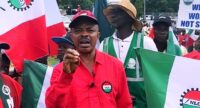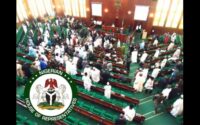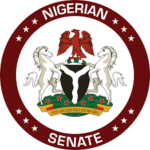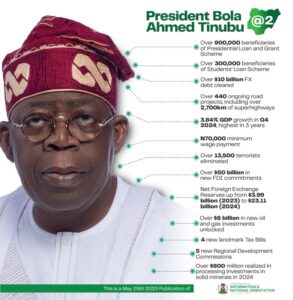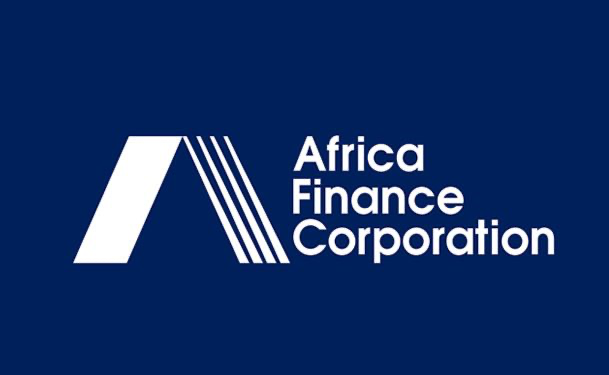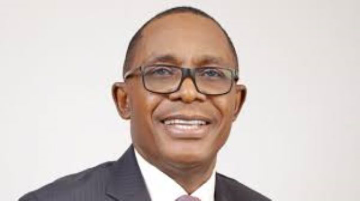The World Bank on Wednesday disclosed that at least 139 millions Nigerians are now living in poverty line despite Nigeria’s recent economic stabilisation efforts under President Bola Ahmed Tinubu.
The Bank also warned that the country risks losing reform gains if they fail to translate into tangible improvements in people’s welfare.
The new figure indicates a sharp increase from 129 million recorded in April 2025 and 87 million in 2023, reflecting the deepening hardship among households despite ongoing economic reforms.
The World Bank Country Director for Nigeria, Mathew Verghis, made his disclosure on Wednesday in Abuja at the launch of the October 2025 Nigeria Development Update titled, “From Policy to People: Bringing the Reform Gains Home.”
The Nigeria Development Update is the bank’s biannual flagship report that reviews economic trends, policy outcomes, and key challenges facing Nigeria.
Verghis, speaking during his first NDU launch since assuming office three months ago, commended Nigeria’s bold reforms in the exchange rate and petroleum subsidy regimes, describing them as “foundational” steps that could reshape the country’s long-term economic trajectory.
“Over the last two years, Nigeria has commendably implemented bold reforms, notably around the exchange rate and the petrol subsidy. These are the foundations on which the country has the opportunity to build a programme that can transform its economic trajectory,” he said.
He likened the current reform window to the historic policy shifts seen in countries like India in the early 1990s, noting that such rare opportunities must be seized decisively or risk being lost.
According to him, the reforms are already yielding results, growth is picking up, revenues have risen, debt indicators are improving, the foreign exchange market is stabilising, reserves are climbing, and inflation is gradually easing.
“These results are exactly what you need to see in a stabilisation phase. These are big achievements, and many countries would envy them,” he noted.
However, the World Bank chief cautioned that these macroeconomic improvements had yet to translate into improved living conditions for ordinary Nigerians.
“Despite these stabilisation gains, many households are still struggling with eroded purchasing power. Poverty, which began to rise in 2019 due to policy missteps and external shocks such as COVID-19, has continued to increase even after the reforms. In 2025, we estimate that 139 million Nigerians live in poverty,” he stated.
READ ALSO: Fintech Will Drive Economic Growth In Nigeria, Lift Millions Out of Poverty-Experts
Verghis stated that the report identified three critical priorities to convert Nigeria’s policy gains into improved living standards for its citizens: reducing inflation, utilising public resources more effectively, and expanding social protection coverage for the poor and vulnerable.
He emphasised that addressing food inflation must be at the heart of Nigeria’s policy response, warning that persistently high food prices could erode political support for reforms and hinder recovery.
“Food inflation affects everybody, particularly the poor. Persistent differences between Nigeria’s inflation rate and those of its trading partners will put pressure on the exchange rate and create a vicious cycle. Lower inflation will also allow interest rates to come down and support growth,” he stated.
The World Bank also urged Nigeria to strengthen its public financial management systems to ensure that every naira spent delivers measurable development impact, and to expand the national social safety net to protect the poorest Nigerians from the impact of ongoing economic adjustments.
The country director said the World Bank remained committed to supporting Nigeria’s economic reform agenda through policy advice, technical assistance, and financing, stressing that success would depend on sustained political will and inclusive dialogue.
“The challenge is clear: to translate the gains from the stabilisation reforms into better living standards for all. These are not abstract ideas but practical steps that can turn macro stability into better livelihoods,” he said.
The NDU launch brought together senior government officials, private sector leaders, development partners, civil society representatives, and members of the media for a frank exchange on Nigeria’s economic outlook.
The World Bank noted that while Nigeria had made notable progress in macroeconomic stabilisation, sustaining reforms and ensuring that benefits reach ordinary citizens would determine the country’s long-term success.


